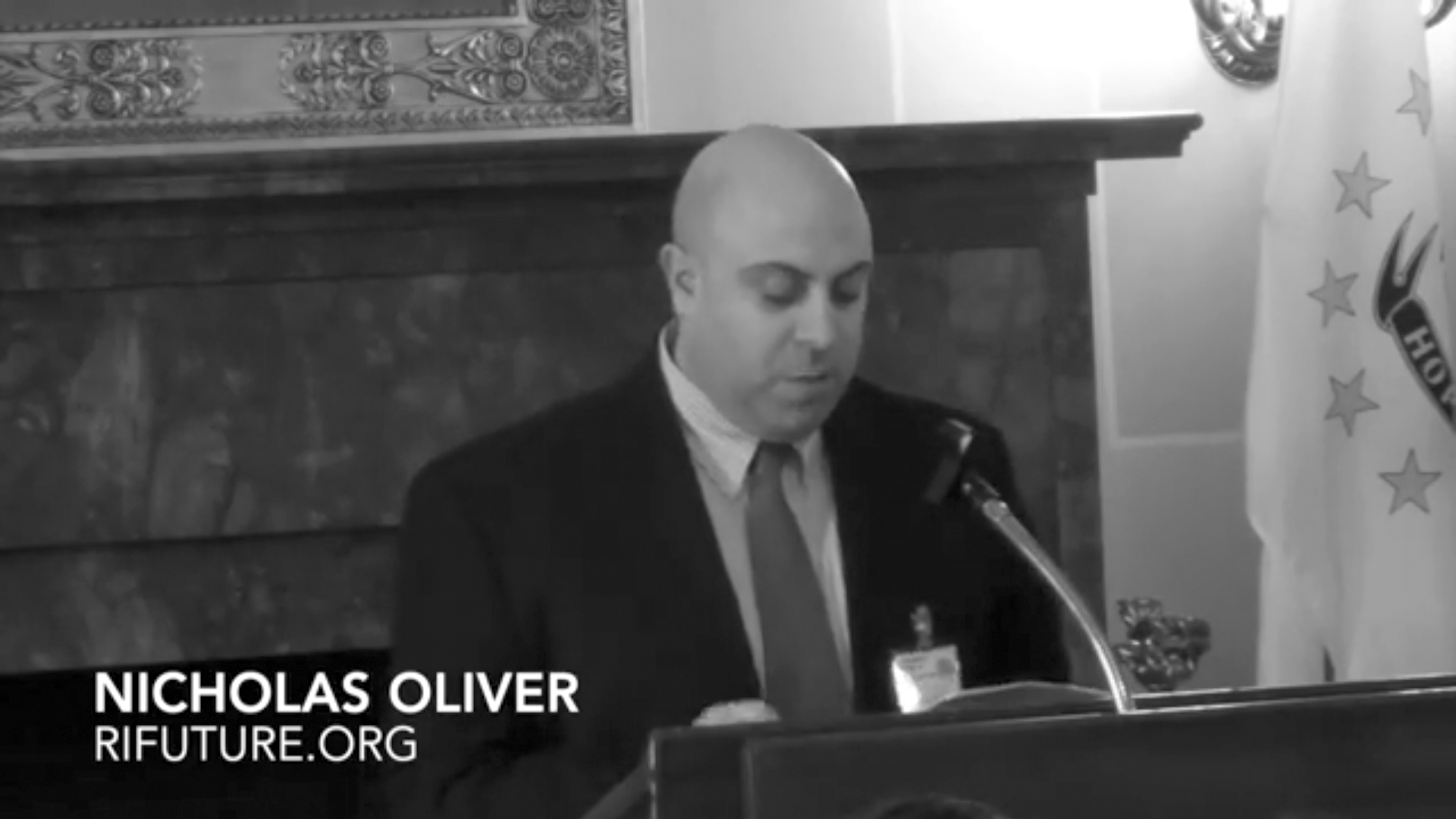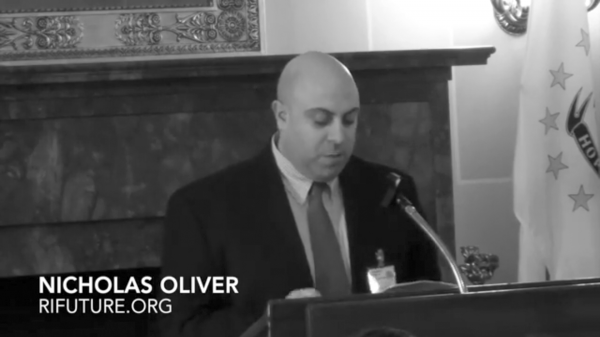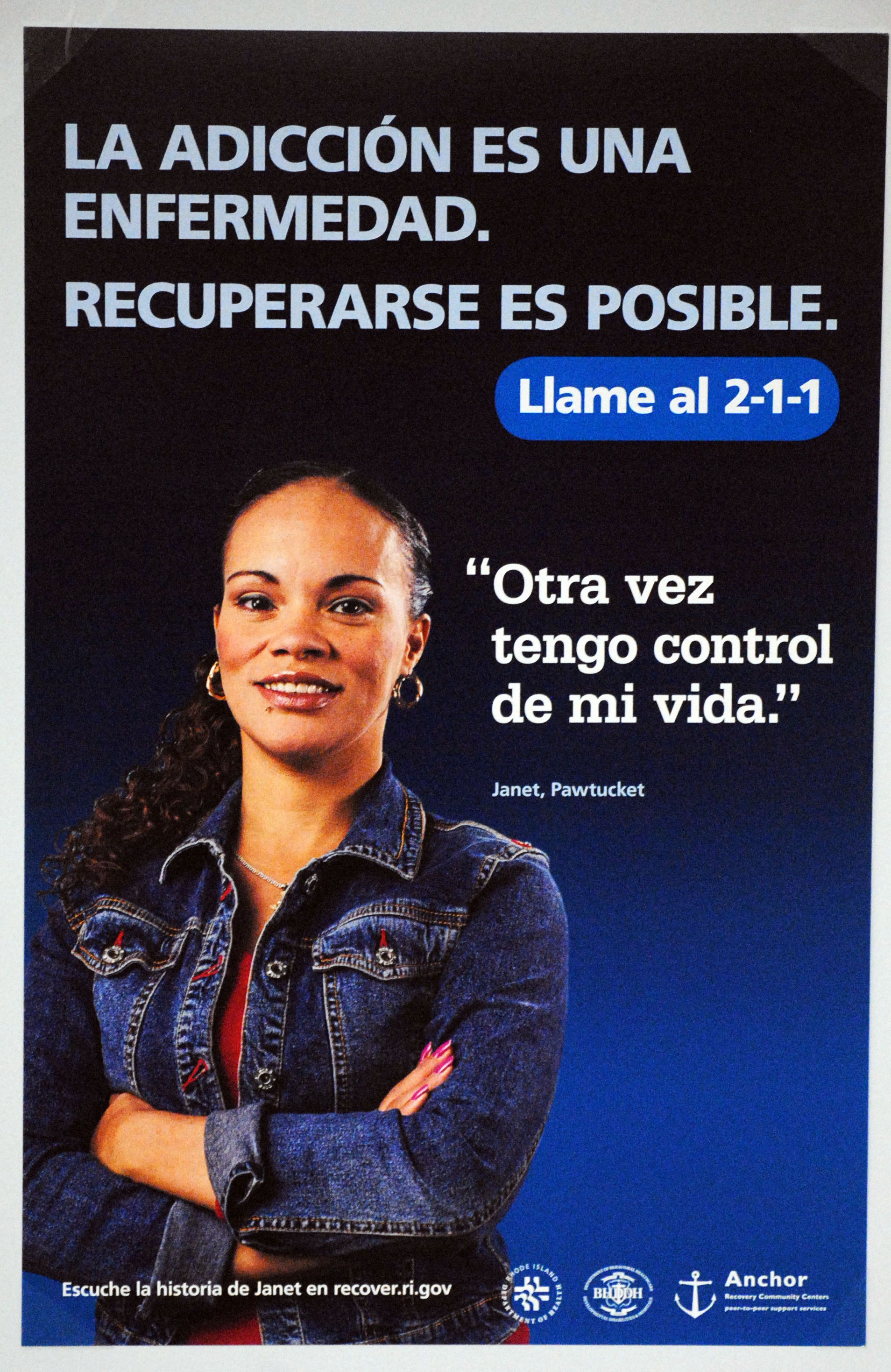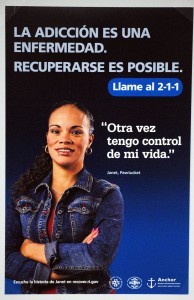 EFSB Chair Margaret Curran said that because of the “tight time schedule” it’s critical that the board get advisory opinions “as soon as possible,” raising the question as to why the board feels the need to rush Invenergy‘s application process.
EFSB Chair Margaret Curran said that because of the “tight time schedule” it’s critical that the board get advisory opinions “as soon as possible,” raising the question as to why the board feels the need to rush Invenergy‘s application process.
The EFSB also denied all but two motions that were brought before it today.
The Energy Facilities Siting Board (EFSB) met today to decide a number of issues pertaining to the “Clear River Energy Center” a new methane gas power plant planned by Invenergy for the Town of Burrillville.
Things did not go well for opponents of the plan.
Curran began the meeting reminding those in attendance that their would be no public comment. This did not stop people from standing and loudly declaring their dissatisfaction with some decisions made by the board.
EFSB board member Janet Coit, director of the Department of Environmental Management (DEM), asked that people “respect the process” and stressed that there would be ample opportunity for public comment. Then the board began making their decisions.
Dennis and Kathryn Sherman and Paul and Mary Bolduc whose properties are near the site of the proposed plant and whose interests are not covered by any other intervenors, were granted intervenor status by the EFSB.
The Rhode Island Progressive Democrats (RIPDA) were denied. They do not have an adequately expressed interest.
Fighting Against Natural Gas (FANG) and Burrillville Against Spectra Expansion (BASE) are also denied, their intervention was decided to be not in the public interest.The simple allegation “however heart felt” of public interest is not enough.
Fossil Free Rhode Island (FFRI), Sister Mary Pendergast and Occupy Providence filed identical applications, and there is no reason to grant intervenor status said Curran and Coit.
Peter Nightingale, from Fossil Free RI, issued the following statement upon the group being denied intervenor status:
“Rhode Island government may decide to sell Rhode Island down the “Clear River.”
- “If it does, it may have acted in accordance with twisted statuary law.
- “But government, in that case, will have failed in its fiduciary duty to protect the natural resources —air, land and water— it holds in trust for the People.
- “When the time comes, those responsible will be held accountable for their crimes against humanity and nature.”
Nightingale was escorted from the room by security when he rose and loudly read his statement to the board.
Pat Fontes, representing Occupy Providence, also rose and spoke, as she left the room. Fontes said, in a statement, “The predator’s pursuit of profit produces pain for poorer people. It’s the weakest who inherit the consequences without ever having their opinion about the risks taken into account.” She said, “Remember Flint, Michigan!” as she left.
Sally J. Mendzela‘s motion was dismissed because her ideas were “outside the scope” of the process.
The Burrillville Land Trust‘s motion for intervention was denied. Their concerns will be dealt with by the DEM, said the board. “I think their will be other opportunities” said Coit, for the Burrillville Land Trust to make their concerns known. The Land Trust’s motion to close the docket was rendered moot by their denial of intervenor status.
Paul Roselli, president of the Burrillville Land Trust was not surprised by the Board’s decision. He maintains that the issue of biodiversity will not be covered. The impact on species is dependent on an individual species’ status as endangered or threatened, etc. The overall or “holistic” impact of something like Clear River is not considered, and this is the perspective Roselli hoped the Land Trust would bring.
Still, some good came out of the Land Trust’s motion. Invenergy’s application has been updated to ensure compliance with section 44 of the Clean Water Act.
RI Administration for Planning, Office of Energy Resources, the DEM, the RIPUC, RIDOT, the Department of Health and other state agencies will all be asked for advisory opinions. Curran says that because of the “tight time schedule” it’s critical that we get advisory opinions “as soon as possible.”
This raises the question: Why is the EFSB on a Invenergy’s time table?
The Office of Energy Resources will render advisory opinions regarding all issues per the Resilient RI Act. as bought up by the Conservation Law Foundation (CLF).
The board will be looking for specific limitations on the use of “secondary fuels,” said Curran. The proposed power plant is made to run on fuel oil as well as methane, as discussed on RI Future here.
There was also some consideration given to Obama’s Clean Power Plan.
The EFSB is chaired by RI Public Utilities Commission (RIPUC) Chairperson Margaret Curran and has only one other sitting member, Janet Coit, director of the Department of Environmental Management (DEM). The third position on the board is usually filled by the associate director of the RI Administration for Planning, a position currently unfilled.
The first public hearing will be on Thursday, March 31 in the cafeteria of the Burrillville’s High School. The meeting will be officially announced soon.





 Since two-thirds of minimum wage earners are women, Governor Gina Raimondo says that
Since two-thirds of minimum wage earners are women, Governor Gina Raimondo says that 
 The
The 